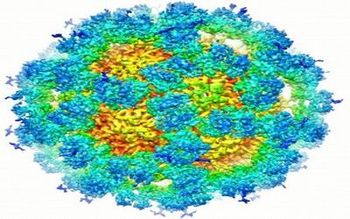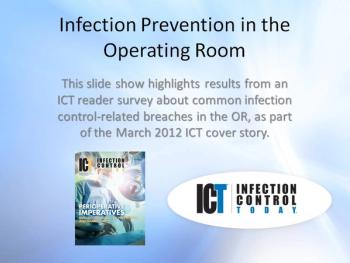
News
Advertisement


Advertisement


Twenty million Americans get sick from norovirus each year according to data released by the Centers for Disease Control (CDC). Often called vomiting illness, it can spread rapidly on cruise ships, and in dormitories and hospitals. Recent data from the CDC shows deaths from gastrointestinal infections have more than doubled and have become a particular threat to the elderly. The virus is shed in the stool of the infected individual, has a short incubation period and can spread quickly if proper hand washing and other measures are neglected.


Advertisement























Advertisement
Advertisement
Trending on Infection Control Today
1
Bug of the Month: The Quiet Guest in the Dust
2
Manual Cleaning vs Automation: Achieving Consistent Cleanliness for Ultrasound Device Reprocessing
3
Continuous Photohydrolysis Disinfection Cuts MDROs, COVID-19, and Hospital Transfers in Long-Term Care, Study Finds
4
Influenza D and Canine Coronavirus: Why Underrecognized Animal Viruses May Be the Next Respiratory Threat
5